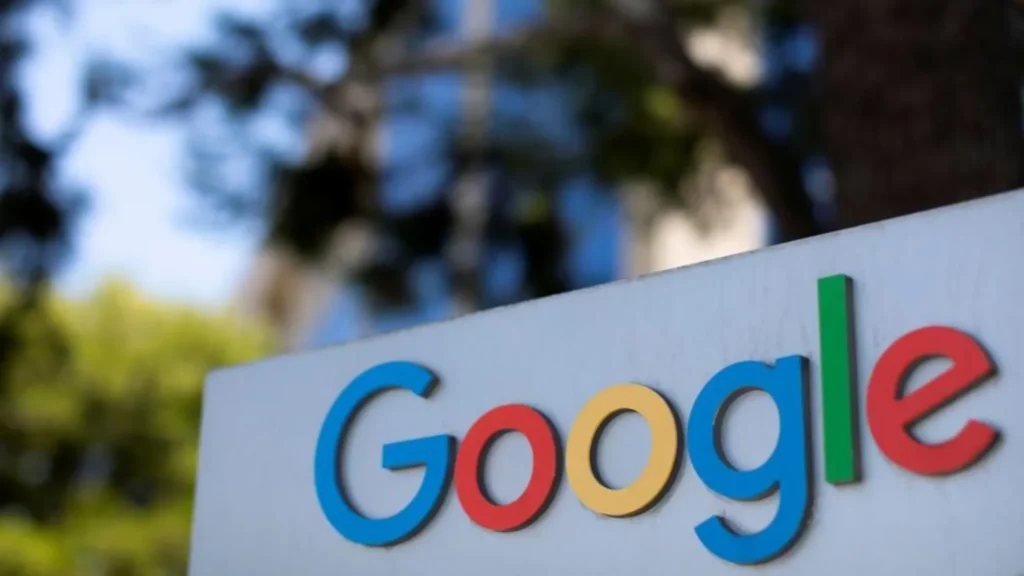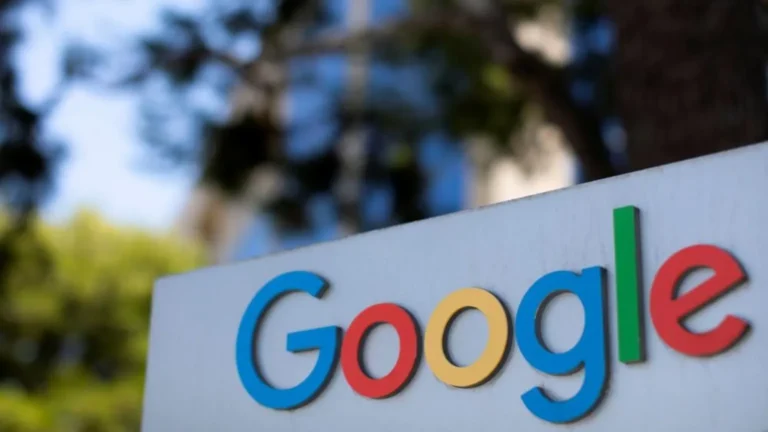
The U.S. Department of Justice (DOJ) has proposed significant measures to curb Google’s dominance in online search, including the sale of its popular Chrome web browser. This move is part of a broader effort to address Google’s monopoly in the internet search and advertising markets. The DOJ, supported by several U.S. states, filed these recommendations following an August ruling by District Judge Amit Mehta, which determined that Google had unlawfully stifled competition in online search.
One of the DOJ’s key proposals is to end Google’s exclusive agreements with companies like Apple and Samsung, which make Google’s search engine the default on many devices. This exclusivity, combined with Google’s ownership of Chrome and the Android operating system, allegedly funnels users to its search engine, securing its near-total dominance of the market. Google controls approximately 90% of global online searches, according to Statcounter.
The DOJ also suggested barring Google from re-entering the browser market for five years if it is compelled to divest Chrome. Additionally, it seeks court oversight of Android to ensure the company does not exploit its ecosystem to favor its search services and maintain its monopolistic hold on search-related advertising.
These measures aim to restore competition in the markets for general search and search text advertising. By breaking Google’s control, the DOJ hopes to create opportunities for new entrants and competitors. Government attorneys argue that Google’s monopolistic practices, including using user data to refine search algorithms and advertising models, have blocked innovation and prevented potential competitors from gaining traction. Without fair access to distribution channels, such as pre-installed search engines on devices, new entrants cannot reach consumers effectively.
In response, Google rejected the proposals, describing them as overly intrusive and detrimental to both its business and technological leadership in the U.S. Kent Walker, Google’s president of global affairs, argued that the DOJ’s recommendations far exceed the court’s ruling and would disrupt products that millions of people rely on daily. Google is expected to submit its own remedies by December 20, with Judge Mehta scheduled to make a final decision by mid-2025.
The timing of this case has raised questions about its trajectory under the incoming Trump administration, as the lawsuit was initiated during Trump’s first term. Legal experts, however, believe it is unlikely that the administration will reverse course. Even if federal backing wanes, the states involved in the lawsuit could continue the case independently.
Experts highlight that breaking Google’s monopoly could have profound implications for the tech industry. According to Professor Laura Phillips-Sawyer of the University of Georgia, Google’s existing contracts have made it nearly impossible for competitors to establish themselves. By dismantling these barriers, new companies could innovate and thrive, challenging Google’s dominance and diversifying the market.
The case underscores ongoing tensions between major tech companies and governments worldwide, reflecting a growing push to regulate tech giants to ensure fair competition and protect consumer interests. If the proposals are accepted, this could mark a turning point in the global fight against monopolistic practices in the digital economy.




